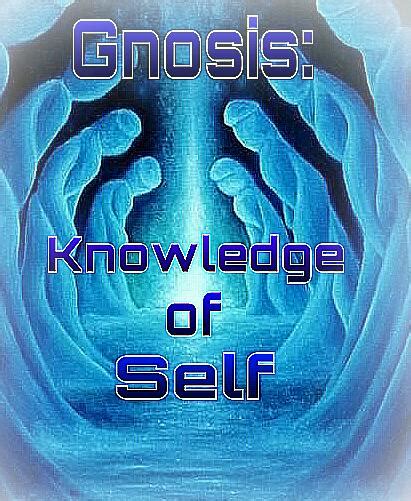The Rise of Gnosis: Unlocking Decentralized Governance with Cryptocurrency
. Founded in 2016 By In this article,
What is Decentralized Governance?
Decentralized governance refers to a system where decision-making power is distributed among stakeholders rather than being held by a single entity or institution. This Approach allows for Greater Transparency, accountability, and flexibility, Cryptocurrencies.
gnosis: a leader in decentralized governance
Gnosis was one of the first projects to focus on building decentralized governance solutions for cryptocurrencies. The company’s mission is to ” To achieve this, gnosis developed a range of tools and services
Key Features of Gnosis’ Decentralized Governance Model
Gnosis’ Approach to Decentralized Governance is Built Around Several Key Features:
- Smart Contract-Based Daos : Gnosis uses smart contracts to create and manage daos, which are self-executing contracts with specific rules and provisions.
2.
3.
- Transparency and auditing :
Benefits of Gnosis’ Decentralized Governance Model
Gnosis’ Decentralized Governance Model Offers Several Benefits, including:
1.
- Improved security : smart contracts are self-executing, reducing the risk of manipulation or tampering.
- Enhanced accountability

: Stakeholders can be held accountable for their actions through a transparent and auditable system.
- Greater flexibility : Decentralized Governance enables Stakeholders to create custom rules and provisions tailored to their specific needs.
Real-World Applications of Gnosis’ Decentralized Governance Model
Gnosis’ Decentralized Governance Model has been applied in various real-world scenarios, including:
- Cryptocurrency Mining Pool Management : Gnosis Helps Mining Pool Operators Many Efficiently Through Smart Contract-Based Decision-Making.
- Initial Coin offering (ICO) Governance :
.
Conclusion
Gnosis has revolutionized the field of decentralized governance with its innovative to provide blockchain-based solutions for cryptocurrency projects.






0 Comments